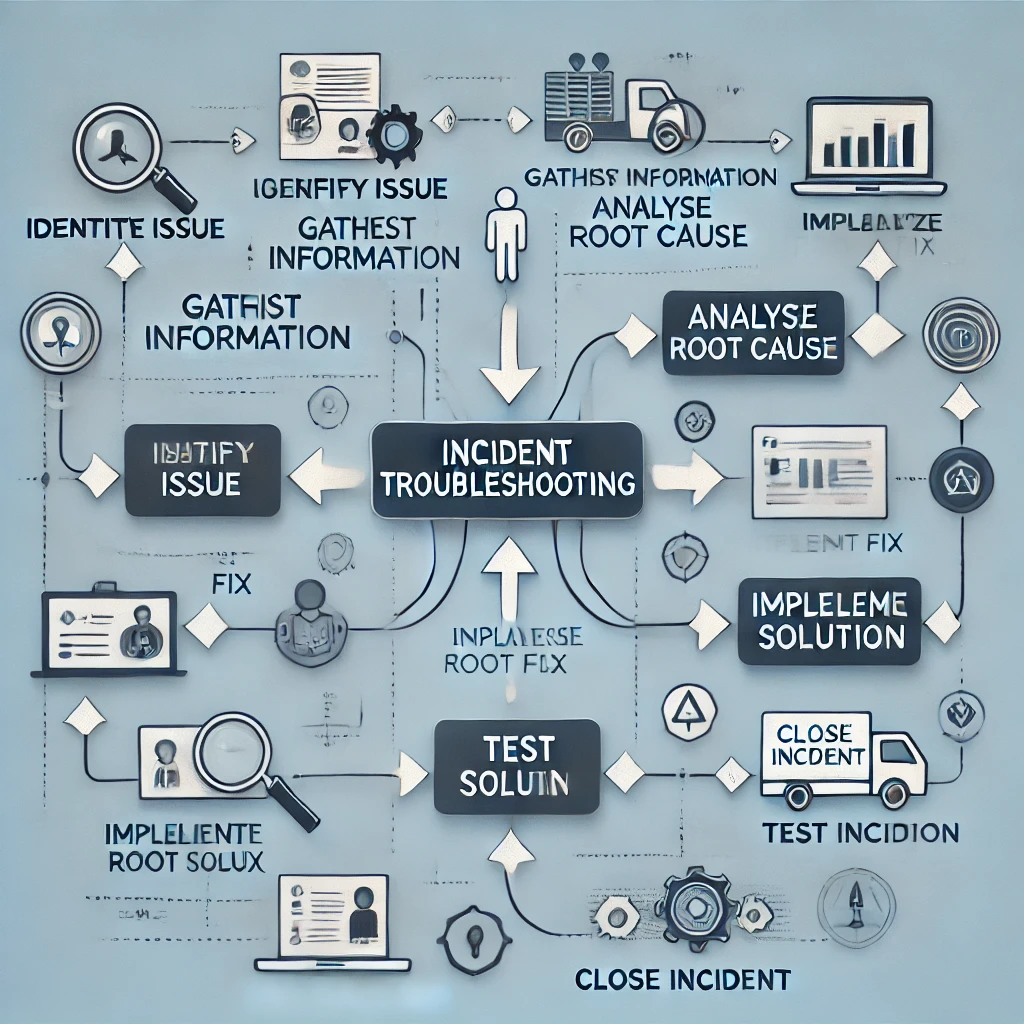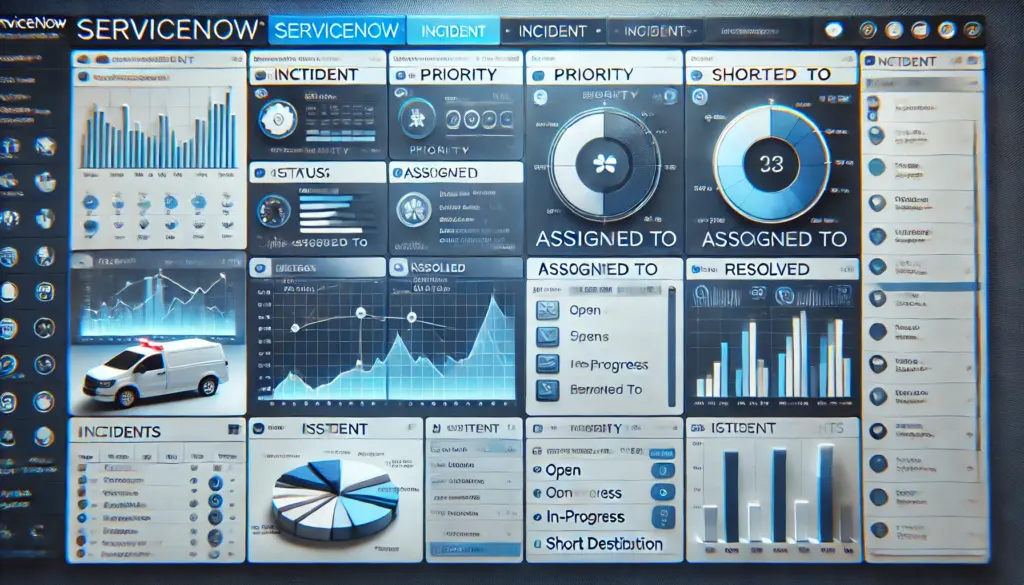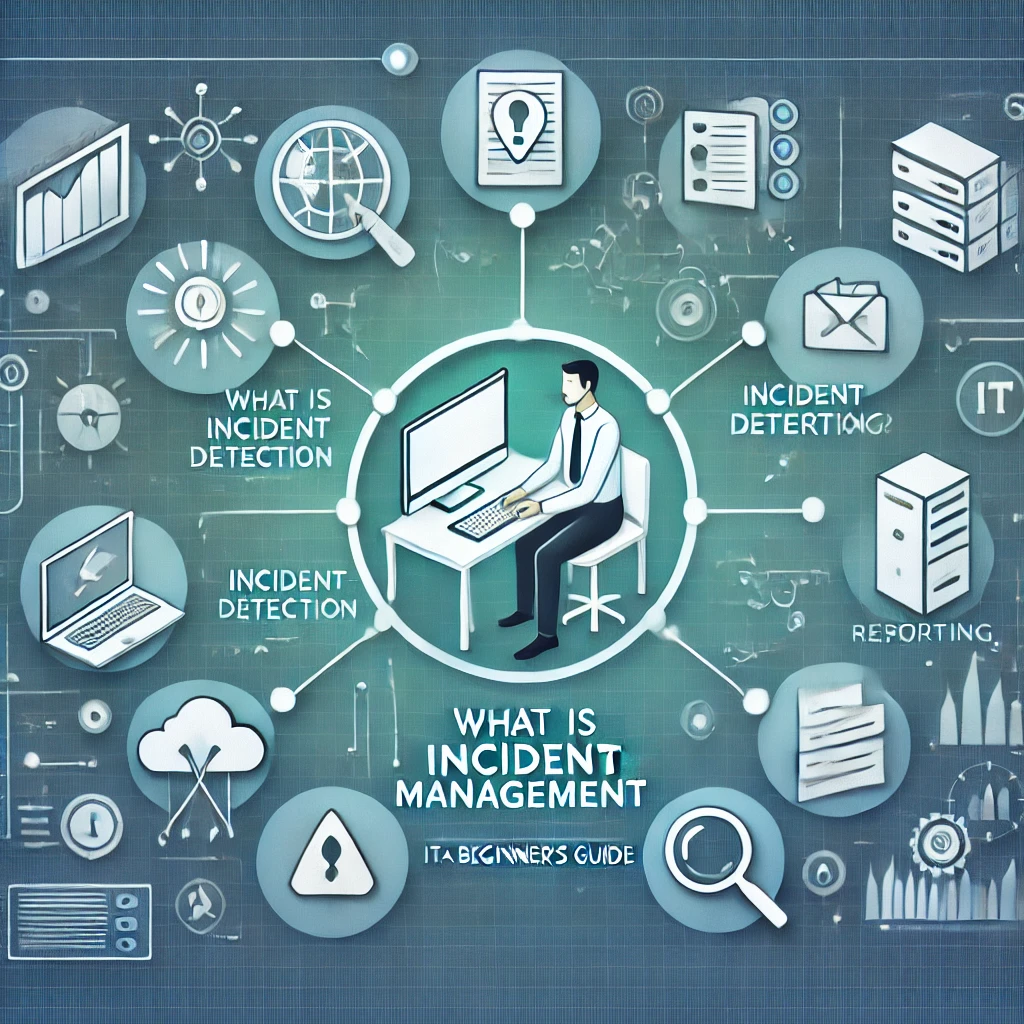Essential Technical Skills for Aspiring Incident Managers
Introduction
In the fast-paced world of IT operations, incident managers play a critical role in maintaining service uptime and resolving issues quickly. To excel in this role, it’s essential to possess a mix of technical skills that allow for effective incident detection, analysis, and resolution. This blog will guide you through the core technical skills every aspiring incident manager should master.
Why Technical Skills Matter in Incident Management
While strong communication and leadership skills are vital, technical expertise ensures you can:
- Understand complex IT environments
- Identify the root cause of incidents quickly
- Coordinate effectively with technical teams
- Implement solutions that prevent future issues
1. System Monitoring and Performance Analysis
Key Tools: New Relic, Grafana, Nagios
Incident managers need to monitor systems continuously to detect issues early. Tools like New Relic and Grafana help track:
- Server uptime
- Application performance
- Network latency

Why It’s Important:
- Detects anomalies before they escalate
- Provides real-time data for quicker decision-making
2. Incident Detection and Troubleshooting
Key Concepts: Log analysis, error diagnostics, root cause analysis (RCA)
Troubleshooting incidents requires a deep understanding of:
- System logs
- Error codes
- Application debugging

Practical Tips:
- Use tools like Splunk for log analysis
- Document troubleshooting steps for future reference
3. Networking Fundamentals
Key Areas: TCP/IP, DNS, VPNs, Firewalls
A solid grasp of networking concepts helps incident managers diagnose issues related to:
- Connectivity failures
- Latency problems
- Security breaches

Why It’s Crucial:
- Enables quick identification of network-related issues
- Facilitates effective communication with network engineers
4. Knowledge of IT Service Management (ITSM) Tools
Popular Tools: ServiceNow, Jira Service Management, Freshdesk
ITSM tools are essential for:
- Logging incidents
- Tracking resolution progress
- Managing service requests

Benefits:
- Streamlines the incident lifecycle
- Improves collaboration across teams
5. Automation and Scripting
Languages to Learn: Bash, Python, PowerShell
Automation reduces manual effort and speeds up incident resolution. Learning scripting helps with:
- Automating repetitive tasks
- Creating custom monitoring scripts
- Enhancing system integrations

Real-World Application:
- Automate routine health checks
- Set up automated alerts for system anomalies
Conclusion
Mastering these technical skills will empower you to handle incidents more effectively, minimize downtime, and contribute to a more resilient IT environment. As you progress in your incident management career, continuous learning and hands-on experience with these tools and concepts will be key to your success.




